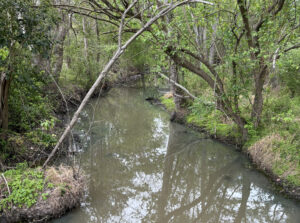News
Riverkeepers launch statewide microplastics monitoring project
Posted on February 18th, 2021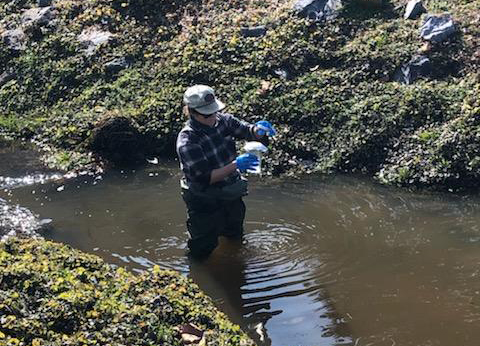

Sound Rivers’ Riverkeepers launched a new program this week to identify what types of microplastics can be found in local waterways.
“A lot of this project is about information or research-gathering. We know there’s a ton of plastic pollution in the environment — we see it all the time, in terms of trash in the river, macroplastics like plastic bottles and bags. This will help us understand how macroplastics break down over time and how they settle into the water and the soil,” said Jill Howell, Pamlico-Tar Riverkeeper. “They don’t go away. They break down into smaller and smaller pieces, but they don’t go away.”
The research is funded by a $188,000 Environmental Enhancement Grant to Waterkeepers Carolina, a science-based, environmental advocacy group representing 15 Waterkeeper Alliance programs in North Carolina, including Sound Rivers. The grant was announced in October 2020, and sampling for microplastic pollution in 30 urban and rural rivers and streams began in recent weeks. Waterkeepers Carolina has partnered with University of North Carolina-Wilmington’s Plastic Ocean Project and Duke Law and Policy Clinic for the project, the goal of which is to better understand the degree to which microplastic pollution is impacting streams, wildlife and public health, and determine possible solutions to reduce microplastics pollution.
To do that, a close look at water samples has to be taken, according to Haw Riverkeeper Emily Sutton, the project’s lead.
“Microplastic pollution can be seen under a microscope. Sometimes they are small fibers, sometimes they are microbeads, and sometimes they are films or flakes. Our samples will be collected in glass jars to prevent any microplastic contamination from sample bottles, and we’ll send the samples to a lab in Wilmington for processing,” Sutton said.
There, the samples will be boiled down and filtered, leaving microplastics to be counted under a microscope.
Howell, Upper Neuse Riverkeeper Matthew Starr and Lower Neuse Riverkeeper Katy Hunt began Sound Rivers’ microplastics sampling this week at Jack’s Creek in Washington, Little Rock Creek in downtown Raleigh and Lawson Creek, a tributary of the Trent River, at Lawson Creek Park in New Bern. This year, each Riverkeeper will take bi-monthly samples at two sites on these bodies of water, one upstream and one downstream.
The second part of the project will take place in 2022, when “trash bandits” — litter traps that resemble floating cages — will be installed at sampled sites, to determine the source of microplastics.
“The traps are a way to, one, clean up some trash, and, two, we’ll be able to look and see what kind of trash is in our waterways, what is the actual make up of the litter and what of that is plastic,” Howell said.
The project represents a statewide effort to understand the impact of microplastics, with all 15 of North Carolina’s Riverkeepers taking part.
Sound Rivers is a private nonprofit that guards the health and natural beauty of the Neuse and Tar-Pamlico River basins. The organization partners with concerned citizens to monitor, protect, restore and preserve the watersheds covering 23% of North Carolina’s land mass, with a goal of providing clean water to eastern North Carolina communities for consumption, recreation, nature preservation and agricultural use. Sound Rivers is based in Washington.
Related News
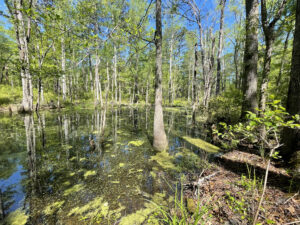
Tell NC to restore wetlands protections!
April 19th 2024
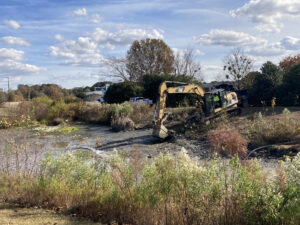
Position available: Stormwater Education Coordinator
April 18th 2024
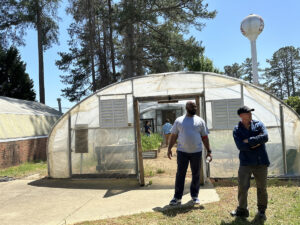
Southern Nash next in line for stormwater projects
April 18th 2024
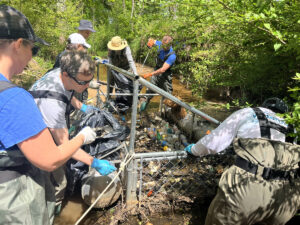
Xylem, Sound Rivers team up for cleanup
April 18th 2024
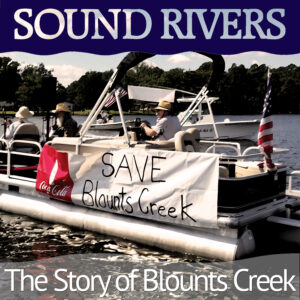
Sound Rivers launches new podcast
April 18th 2024
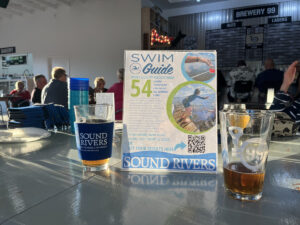
Swim Guide gearing up for a seventh season
April 11th 2024
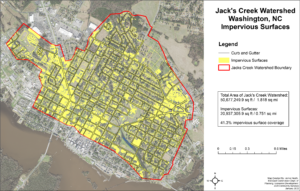
Feedback needed for Jack’s Creek plans, projects
April 11th 2024
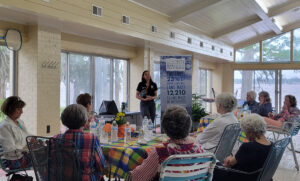
Pamlico-Tar Riverkeeper talks water quality
April 11th 2024
